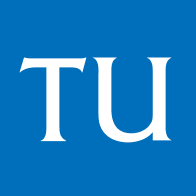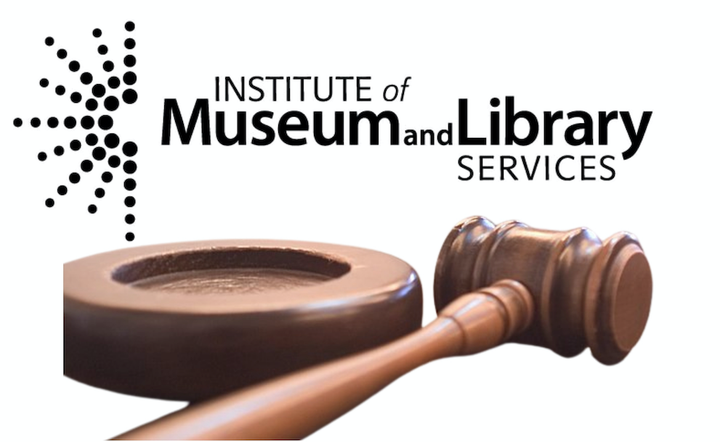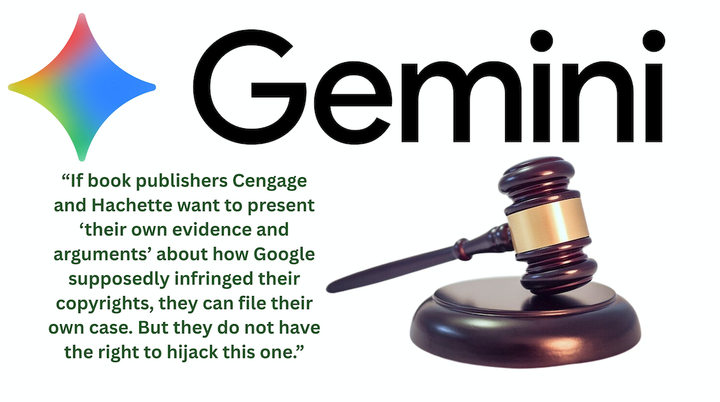The Queue: Library News for the Week Ending November 14, 2025
Among the week's headlines: a moral panic over library books in Tennessee; the Library of Congress is spared a massive budget cut; and a battle over the ALA continues in one Wyoming community.
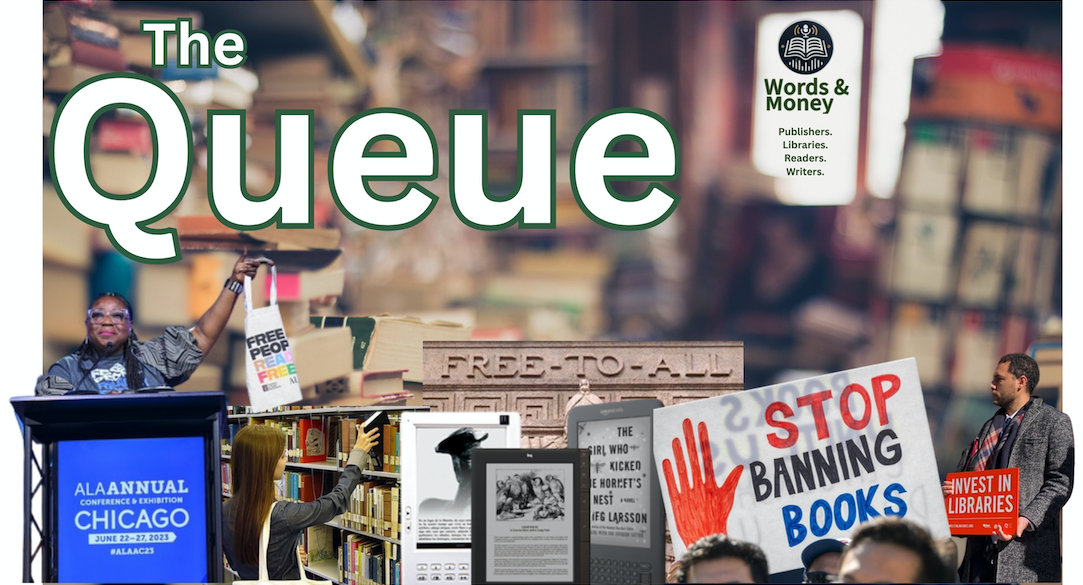
A Moral Panic in Tennessee
Some good reporting this week in the Nashville Scene about several libraries in Tennessee closing their doors this week to conduct an "appropriateness" check of children’s and teens’ books ordered by secretary of state Tre Hargett.

"An Oct. 31 letter from Hargett requested that each library 'undertake an immediate age-appropriateness review (over the next 60 days) of all materials in your juvenile children's section.' The review aims to identify any materials that may be inconsistent with Tennessee age-appropriateness laws, in violation of any federal law, including President Trump's Executive Order, or otherwise contrary to any other applicable state or federal laws,” the Nashville Scene reports. "Library directors are then to provide a final report to the Tennessee secretary of state and the Tennessee state librarian and archivist—a division of the secretary of state’s office tasked with answering questions about the review—by Jan. 19."
According to the report, a librarian from the Rutherford County Library System, speaking on condition of anonymity, told the outlet that librarians are “collectively devastated,” but have no choice but to comply. “It feels like an attack on the profession and on the community, because we have the obligation to represent everyone in our community, regardless of race, age, religion, ethnicity, sexual orientation,” the source added, noting that it felt "completely unprecedented" and "scary" for librarians to be ordered to "lock the doors and remove a mass amount of books in secret."
Meanwhile, this revelation really struck me: In an October 27 letter to library leaders in the state, Hargett specifically singled out one book, Fred Gets Dressed by Peter Brown, telling librarians they will have to "determine whether the book and its purchase comply with president Trump's Executive Order titled Defending Women from Gender Ideology Extremism and Restoring Biological Truth to the Federal Government."
Let the sheer absurdity of that statement sink in for a minute: We're talking about a picture book for preschoolers. And a pretty adorable picture book at that, with a starred review from School Library Journal. What does it say when Fred Gets Dressed can trigger a call to action for fear of violating an executive order from the President of the United States?
Library of Congress, Copyright Office Spared from Massive Cuts; IMLS Funding Remains Uncertain
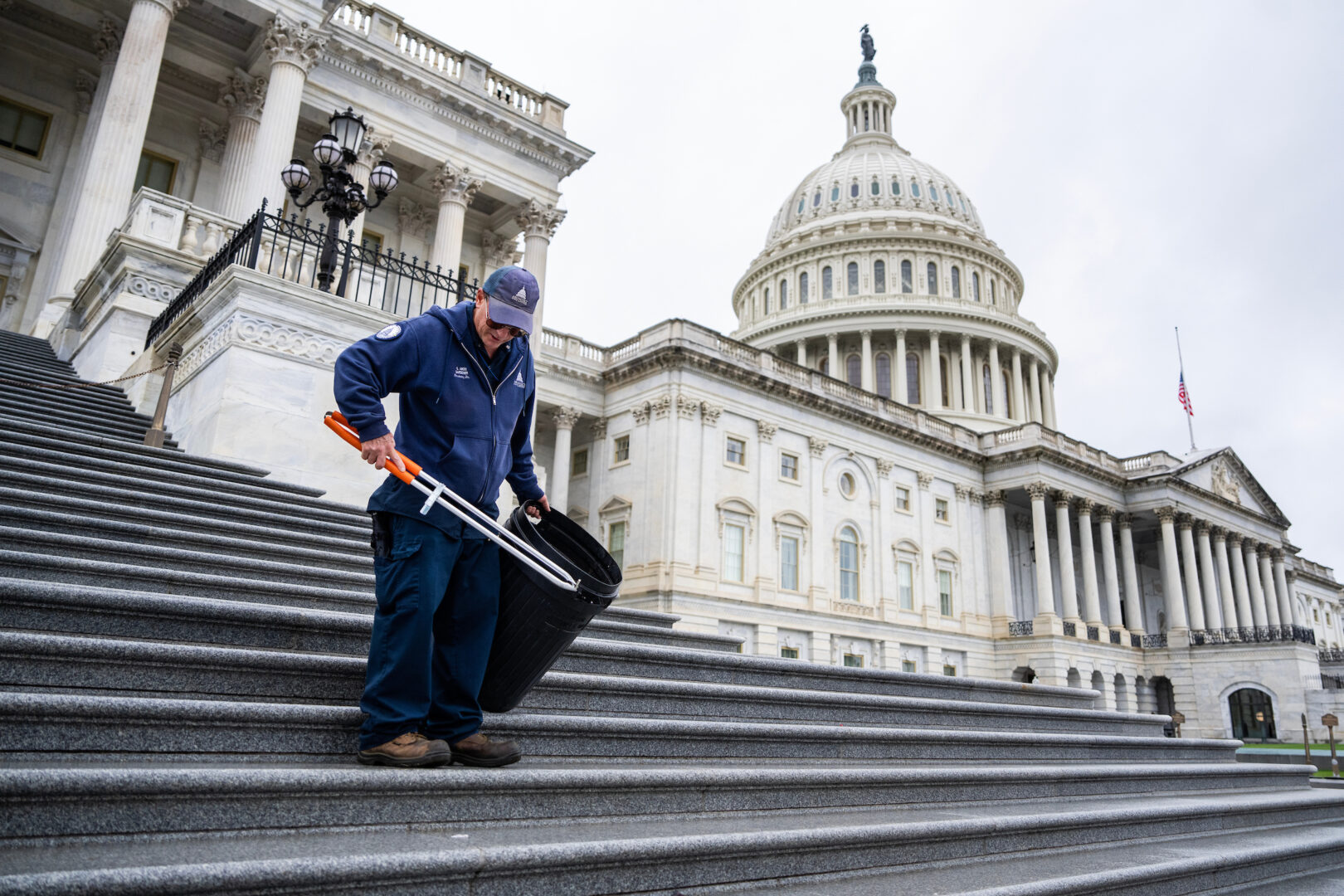
With the government reopened—at least through January 2026—House appropriators this week passed a legislative branch "mininus" appropriations bill that fully funds the Library of Congress at $852.2 million, which includes funding for the U.S. Copyright Office, which falls under the library's purview. Notably, the funding bill comes after lawmakers this summer had originally proposed a massive funding cut.
"While the Library of Congress FY2026 budget is set, full-year funding for the Institute of Museum and Library Services (IMLS) and the National Archives (NARA) remains tied to the Continuing Resolution and ongoing budget fights," observed John Chrastka, Executive Director of EveryLibrary, in a post this week. "This is a critical time for library advocates to engage with members of Congress, as well as state legislatures and governors, regarding the federal-state funding framework that supports library services nationwide."
Panel: The FCC's Credibility Has Been 'Obliterated' Under Trump

Public Knowledge this week hosted a daylong event dubbed the People’s Oversight Hearing, at which a panel of former regulators and policy advocates accused FCC Chairman Brendan Carr of having “obliterated” the agency's credibility as an independent regulatory body.
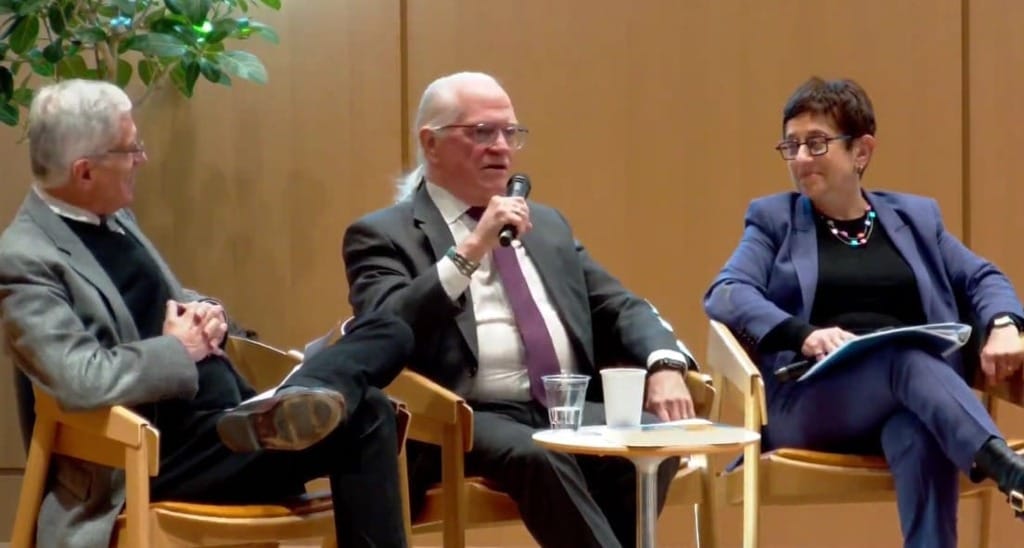
"Former FCC Chairman Tom Wheeler, who led the agency under President Obama, said the the FCC’s statutory independence had collapsed under Carr," Broadband Breakfast (which requires a subscription, but the full day program is available to watch above) reports, noting that the FCC "was designed to exist as an amphibian between the administration and Congress," but "when an authoritarian president steps in and overturns that balance, there are consequences.”
In One Wyoming Community, a Battle Over the American Library Association Rages On

Via the Casper Star-Tribune, a report on on how some residents in one community in Wyoming are continuing to attack the ALA, and attempting to get any mention of the association scrubbed from their local library's records.
"During the past two months, the Fremont County Library Board has heard from nearly 40 Fremont County residents during public comment at its meetings—and more via emails and letters—most of whom have spoken on the same topic: Whether the Fremont County Library System should remove references to the American Library Association in its bylaws, strategic plan, policies and other documents," the report notes. "Objections to continued association with the ALA cite its emphasis on inclusion and diversity and strong opposition to book banning, defined as the removal of materials from library shelves for reasons other than collection rotation."
Lectorum, Nation's Largest Independent Distributor of Spanish Language Books, Set to Close

In a major blow, Ed Nawotka at Publishers Weekly reports that Lectorum Publications, the largest independent distributor of Spanish-language books in the U.S., will close. "The Lyndhurst, N.J.-based company, which serves as a primary pipeline for Spanish-language titles to schools and libraries nationwide, cited a confluence of factors leading to its closing," Nawotka writes, with company officials also pointing to increased competition, stressed school and library budgets, and other financial challenges which were "compounded by the recent collapse of Baker & Taylor."
In a statement, PEN America's Kasey Meehan, responded to the news: “The closure of Lectorum Publications stands to deal a devastating blow to millions of Spanish-speaking students who will be left empty-handed, without books that reflect their language, identity, and experiences," Meehan said. "This is the inevitable downstream effect of public school funding cuts from the Trump Administration, which are impoverishing our students’ educational opportunities, limiting publishing venues for authors, and directly chilling access to diverse books in schools.”
A New Collections Policy Helped Blunt Book Bans in This North Carolina Community, But Concerns Remain

Via Indy Week, a piece on how new policies helped ease the battles over book banning in Wake County, North Carolina, although the challenges continue in schools and other community spaces.
"Where parents were once the biggest initiators of book challenges, libraries now face organized censorship campaigns that attack dozens of books at once. In 2024, elected officials, board members, administrators, and conservative 'pressure groups' like Moms for Liberty were responsible for more than 70% of U.S. book challenges documented by the ALA. From 2001 to 2020, this group was responsible for only 2.8% of documented book challenges," the report notes. "In North Carolina, the number is even higher, with 'pressure groups and decision makers' responsible for 85% of the challenges documented in 2024."
Why This Right Wing 'Parental Rights' Site Is Having a Moment

Over at Book Riot, Kelly Jensen leads off her weekly censorship news column with a look at a new non-professional "parental rights" review site, Take Back the Classroom, whose profile has grown rapidly in recent months. "What makes TBTC appealing to so many is that it’s mask off," Jensen writes. "There’s no pretending that there isn’t an agenda when it comes to the books this organization wants to see removed from public institutions."
Did a Technical Error Torpedo This Library's Budget Vote?

Was the Stephentown Memorial Library's ballot measure corrupted? The Times Union reports that the upstate New York library went to the polls on November 4 seeking a modest budget increase, but when the results came in they showed a whopping defeat, with nearly 90% voting no, a result that made no sense to many in the community. Now, after more than 155 voters came forward to affirm that they voted in favor of the budget increase, election officials are exploring the possibility of a technical error. "The Stephentown Memorial Library vote performed poorly compared to other library propositions in nearby Berlin and New Lebanon," the Times Union adds, raising more questions as to how the Stephentown vote could have failed by such a large margin.
Another University Press Week Is In the Books

University Press Week 2025 wrapped up this week, highlighting the innovation in this important publishing sector. Among the highlights, a piece in Katina magazine looks at three collaborations between university presses. AUP reps have also gathered some media highlights from the week here, including a great piece from LitHub on a sector of the publishing market where university presses do some of their most important work: translations.

"At least 50 members of the Association of University Presses currently publish books in translation every year," LitHub notes. "And this year, for the first time, a university press book translated from Uzbek (Yale University Press’s We Computers by Hamid Ismailov), is a finalist for the National Book Award in translated literature."
Notes on the DPLA's Open Board + Community Meeting
Over at the Digital Public Library of America, Tania Ríos Marrero this week shared a video and a good post about last month's DPLA Open Board + Community Meeting. "With these roundtable convenings, we intend to expand the national conversation on meaningful community engagement and innovation in libraries while broadening our network of partners and stakeholders," Ríos Marrero writes. "In this time of uncertainty and risk for libraries, we’re seeing renewed energy and recognition of why this work matters: the vital role of storytelling, memory, and truth in ensuring that every community’s experience remains visible in our civic life and shared historical record." Well worth a watch.
And Finally This Week...
We like to close with good news when we can. But not so much this week. In case you missed it, the New York Times this week published a thoughtful piece on the financial challenges facing the Tieton Library in Yakima County, Washington, and by extension in many communities in rural America. It paints a fairly bleak picture.
"Public libraries rely on state and federal funding to supplement local money and offerings, and they increasingly provide basic social services such as food banks, internet access and places for people experiencing homelessness to stay before evening shelters open," the report notes. "The financial margins were tight even before Mr. Trump tried to eliminate the Institute of Museum of Library Services."









